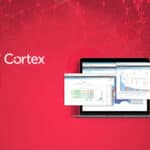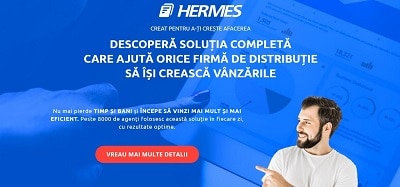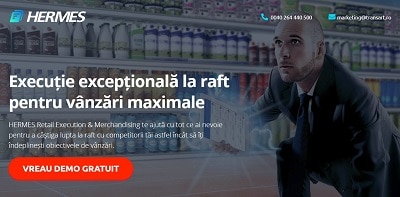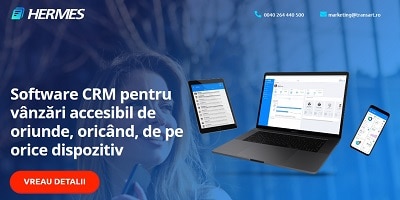

SFA or Sales Force Automation refers to a system that automates field agent activities such as Pre-Sales, Van-Sales, Merchandising and Trade-Marketing.
Basically, an SFA software is meant to help field salespeople get more customer visits and activities done in less time. By automating repetitive tasks, sales teams become more efficient and productive because they will be able to take more orders per day.
It can be said that an SFA system directly connects the customer, the field employee and the company, facilitating direct, real-time communication between the three parties.
In some industries, such as FMCG, it is often said that SFA = CRM. SFA includes the specific functionalities of a sales-focused CRM, but CRM software generally doesn’t provide the automation of sales tasks that are usually available in an SFA system. Find out more about what CRM means here.
A sales/marketing software for field agents has two tightly integrated components:
With this SFA mobile app, sales agents take sales orders, issue invoices, collect balances, record delivery of orders, collect market data, apply discounts, commercial policies and special price lists for each individual customer, communicate with sales managers and supervisors, track the daily routes and visits they have to make, monitor their sales target etc.
At the same time, an SFA mobile app integrates with the ERP system to automate the entire sales process, especially for distribution companies. This means that orders from the field arrive immediately at headquarters to be processed and to generate order-related documents such as invoices, shipping notices etc.
Communication between the ERP system and the SFA system also takes place in reverse because information from the ERP on product stock quantities is synchronized in real time and fed into the SFA system to avoid situations where agents take orders for products that are not in stock or cannot be fulfilled.
A sales software for field agents is modular, so any company can configure it according to their needs. As modules remember:
Administration – BackOffice – for defining targets, setting up special price and discount lists, activities, targets, routes, customer visits to be performed by the field sales/marketing team and forwarding information to agents
Pre-Sales – to automate distribution and sales activity by taking orders directly from the customer’s premises and generating receipts on the spot. Delivery of the order to the customer is made at a later date;
Van-Sales – Order placement, invoicing, cash collection and order delivery is done directly, on the spot, using the product stock in the salesperson’s machine/van.
Tele-Sales – for companies that sell by phone and want a single sales platform
Target – for setting field agents’ targets. It is designed to motivate agents to become more productive and to monitor their work.
Commercial policies & mixed promotions – so that agents have everything they need at their fingertips to properly implement promotions, activate customer promotional bonuses etc.
Photo & Multimedia Presentations– for merchandising agents in the field to photograph shelves, position promotional displays, to present images, videos or product catalogues to customers.
Questionnaires – to collect competitive information such as prices and promotions or other Trade-Marketing & Merchandising data from the market about own and competitors’ products
GPS – for tracking the activity of field agents and generating activity reports for each individual agent, as well as for delivering the coordinates of the visits they have to carry out each day
Supervizor – useful for monitoring and improving the skills of field agents. Merchandising supervisors randomly check agents’ activity and compare their reports with their own.
Planning & reporting – for planning, coordinating and controlling activities in the field
Dashboard & Analytics – for the analysis of graphical reports containing market information or information on orders, sales, agent activity and so on. Reports are created based on a large set of KPIs.
Credit Controller – limits the customer’s indebtedness and blocks bad debtors from placing new orders until they pay their debts to the supplier/distributor.
When used as sales software for field agents:
When used as software for Retail Execution (Trade-Marketing & Merchandising):
Many of the activities outlined above also apply here, such as tracking merchandising agent activity, communication between agent and site, managing customer contact details and so on.
An SFA sales/marketing software can be used in any industry, by any company using sales agents.
Mainly distributors and manufacturers who have their own distribution divisions using SFA software come from industries such as FMCG, food, ice cream, meat, dairy, bakery, wine, beer, water, juices, other beverages, cosmetics, pharmaceuticals, veterinary, cleaning and home care, building materials and installations.
Interested in using these tools in your company? Contact us.
Abonează-te la Newsletter-ul nostru
Fără spam, doar notificări și update-uri despre produsele și serviciile Transart.



Social Media
News
Case Study